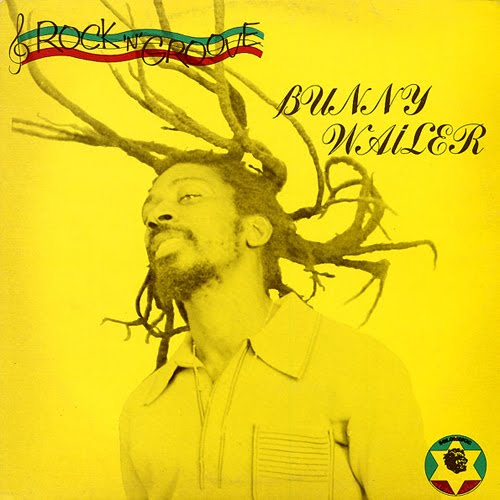

Bunny’s first solo release following his departure from Bob Marley’s original Wailers band in 1973 is a stark statement of Rastafarian principles. The album’s title track and “Fighting Against Conviction” speak eloquently to the social humiliation and criminal persecution that Rastas faced in Jamaica. Despite their heavy lyrics, “The Oppressed Song” and “Rasta Man” have a bluesy, bittersweet quality refined by crisp brass arrangements and earthy hand percussion.
Bunny Wailer - Sings Wailers - Amazon. Please enter a valid US zip. Bunny Wailer was a member of the Wailers for several year and upon leaving wanted to re.
On par with Marley’s best mid-'70s work, Bunny’s solo steps were giant. Bunny’s first solo release following his departure from Bob Marley’s original Wailers band in 1973 is a stark statement of Rastafarian principles. Drivers Sony Vaio Pcg 5k2m Kamera Express on this page. The album’s title track and “Fighting Against Conviction” speak eloquently to the social humiliation and criminal persecution that Rastas faced in Jamaica.
Despite their heavy lyrics, “The Oppressed Song” and “Rasta Man” have a bluesy, bittersweet quality refined by crisp brass arrangements and earthy hand percussion. On par with Marley’s best mid-'70s work, Bunny’s solo steps were giant. Prodigy Discography Torrent Mp3 Quran on this page. As a founding member of the Wailers, and the trio's only surviving member, Bunny Wailer, has become a respected elder statesmen of the Jamaican music scene. His vocal and composing contributions to the Wailers had helped seen to that, while over the years Wailer has endeavored to keep the group's memory alive.
But beyond the Wailers' legacy, and his own solo career, the artist has also made a significant mark beyond the music scene. Born Neville O'Riley Livingston on April 10, 1947, in Kingston, Jamaica, the young Livingston actually spent his earliest years in the village of Nine Miles in St. It was there that he first met Bob Marley, and the two toddlers became fast friends. The boys both came from one parent families; Livingston was being brought up by his father, Marley by his mother. The two lone parents then had much in common, and together moved their families to Kingston in 1952.
Around their corner lived singer Joe Higgs, who rose to stardom in the late '50s, both as a solo artist and as one half of the popular vocal duo Higgs & Wilson in partnership with Delroy Wilson. Only in his early twenties, Higgs was keen to help other young talent around the neighborhood, and gave singing lessons in his tenement yard on Third Street. There the two boys met up with another pair of equally keen youngsters, Peter Tosh and Junior Braithwaite. Initially, Marley intended on a solo career, but his hopes were dashed by a failed audition for producer Leslie Kong. The upshot was the four boys now joined forces, along with backing singers Cherry Green and Beverly Kelso, as the Teenagers. The band's name would change several times before they finally settled on the Wailers.
After a successful audition for Coxsone Dodd, their career took off immediately with their first single, the classic 'Simmer Down.' Early on, all four of the boys contributed songs to the group, which enabled the Wailers to continue without Marley after he left Jamaica in 1966, to seek work for a time in the U.S. By then, the group had been reduced to a trio with the departure of Braithwaite, Green, and Kelso, but the core unit was so talented, that the temporary loss of one member never threatened their ascendancy. Over time, however, Livingston's songwriting contributions to the group had lessened, although when he did turn his hand to composing, the results were never less than scintillating. Marley, of course, was more than happy to pick up the slack. By 1973, the Wailers were untouchable, the biggest reggae band in Jamaica, and on the verge of an international breakthrough.